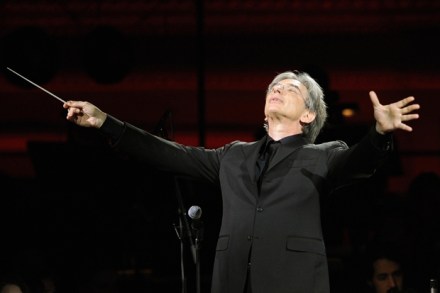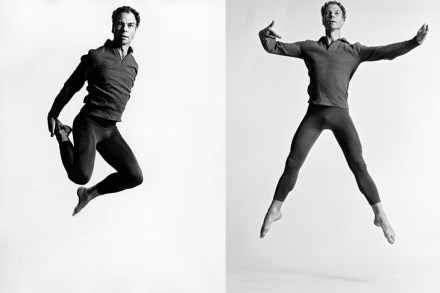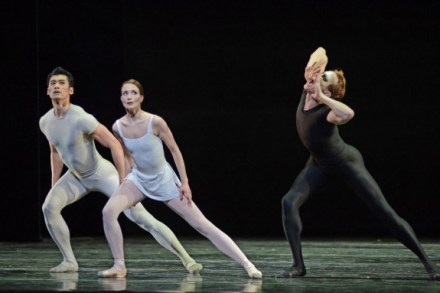The spaces in between
The unfinished is, of course, something which tells us about the history of a work of art’s creation. A work of art may have been interrupted by the artist’s death, as with the paintings that Klimt left behind in his studio. Or it may simply have been abandoned when a patron failed to fulfil his obligations, or the painter had grown bored with the subject and moved on to something else. These spaces and gaps give us a glimpse of an artist at work and invite us to speculate about what Mondrian, for instance, was doing abandoning the 1934 ‘Composition with Double Lines’ or Cézanne the 1898 ‘Bouquet of Peonies’.












